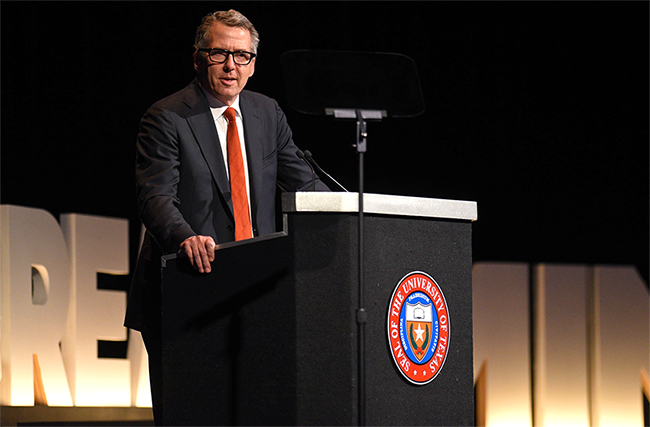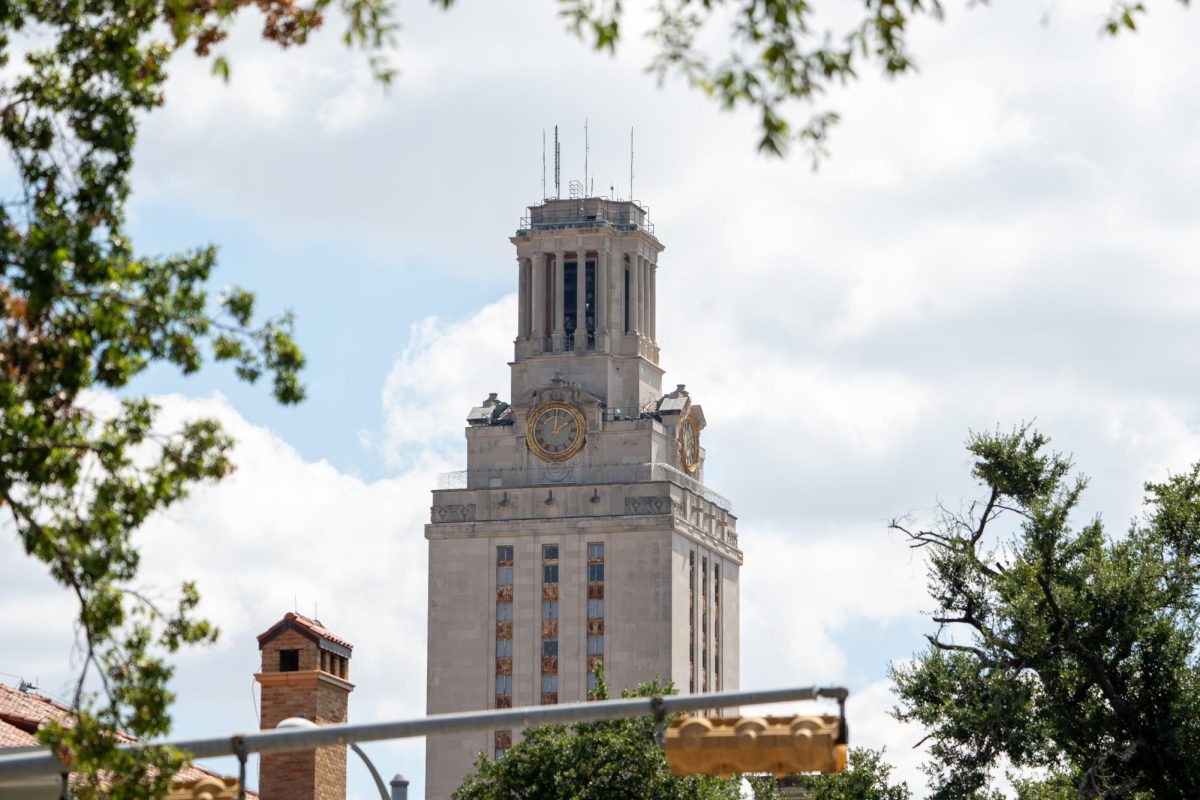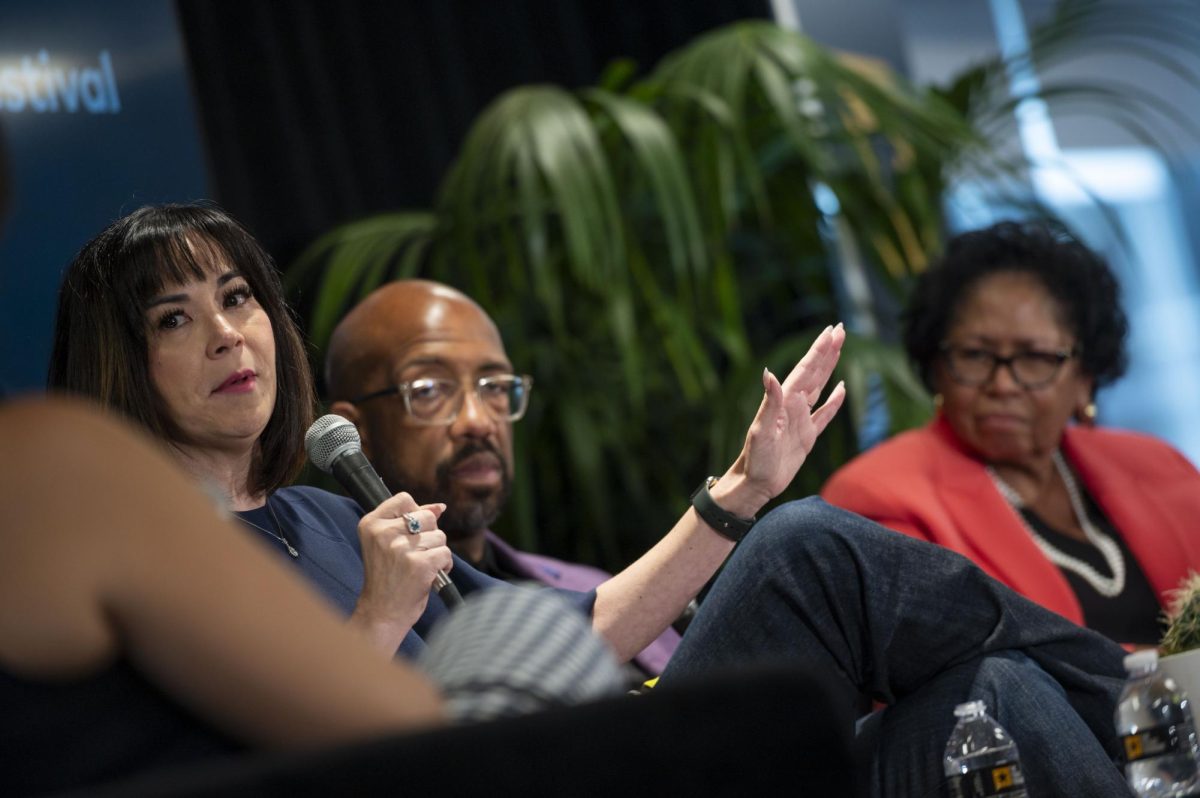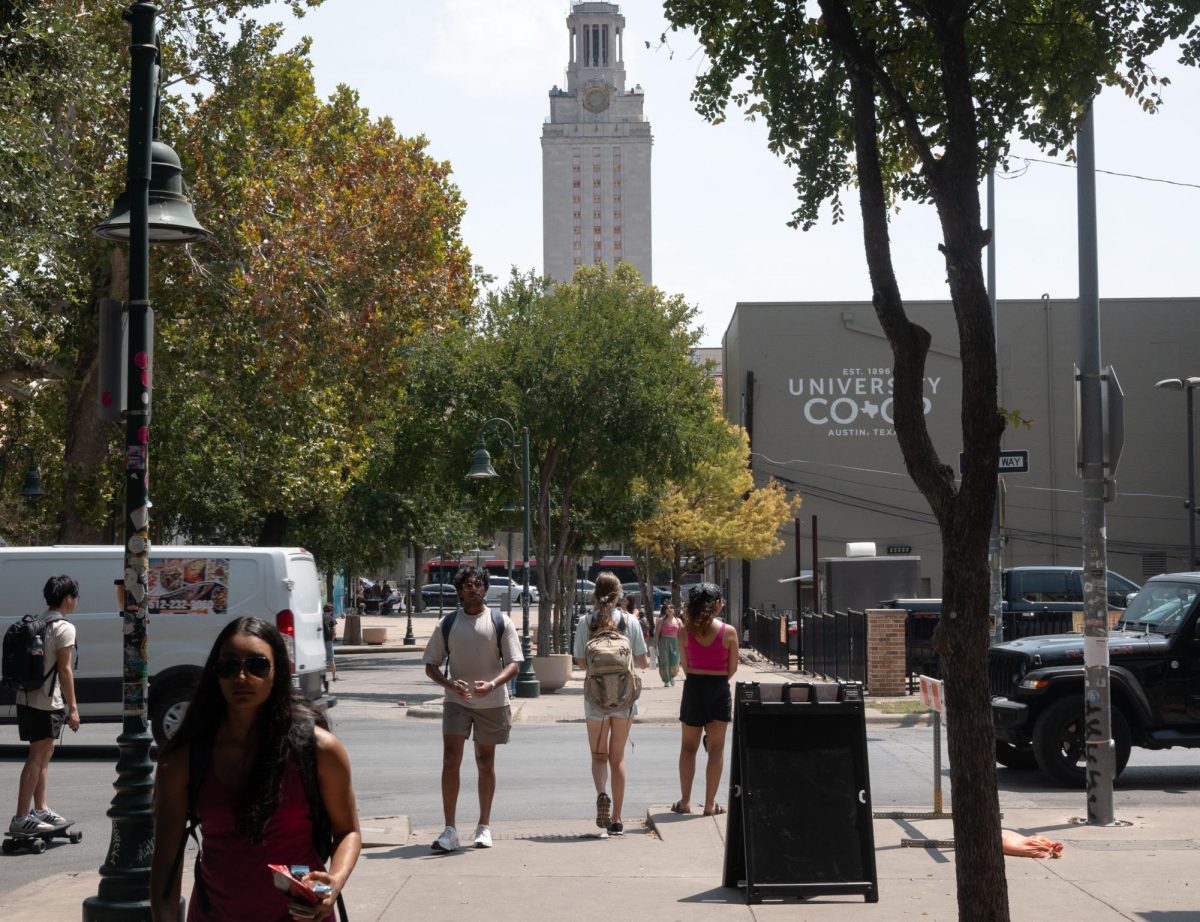Preparing for Texas’ future population growth, improving health across the state and giving more Texans a chance at education are a few of the UT System’s priorities chancellor James Milliken outlined in his first State of the System address on Friday.
“The University of Texas System is our state’s most important asset,” Milliken said. “It has been for a long time. It’s up to us to see that it always will be.”
The chancellor gave the address delineating the goals of the System at the 52nd Chancellor’s Council Annual Meeting and Symposium, a conference where financial supporters who have given a cumulative gift of at least $10,000 to one or more UT institutions learn about the research and medical achievements made by the System’s 14 institutions.
Most of Milliken’s speech focused on preparing for the projected population growth over the next few decades. Texas’ population is expected to double by 2050, a growth which Milliken said is a high-priority issue for the largest higher education provider in the state.
“I’m convinced that the defining challenge of our generation is how well we prepare for the education and health of a much larger Texas,” Milliken said. “Growth’s a good problem to have … but we can’t hope to serve a population twice as big with the same assets and same level of investment we’re making today.
To prepare for this population boom, Milliken said the state needs to increase innovation, efficiency, entrepreneurship and collaboration. He gave three key areas where Texas falls behind other states that the UT System can help improve — educational attainment, research and health care.
Texas is 35th in the nation for educational attainment, or the percentage of residents between 25 and 34 with a bachelor’s degree or higher, Milliken said. He said Texas needs to start increasing higher education attainment by closing achievement gaps across race and income level in its students.
“I believe talent is universal … but opportunity is not,” Milliken said. “It remains stubbornly most highly correlated with wealth at birth. It’s higher education … that allows our society to match this great talent, much of it untapped, with opportunity. It is the most powerful engine of social and economic mobility the world has ever known.”
To tap into that talent, Milliken said the state needs to focus on collaborating with other institutions to improve early childhood development, K-12 programs, dual-credit high school programs and credit transfers between higher
education institutions.
To help students learn, Milliken said Texas should invest in technology innovation, such as artificial intelligence and improvements in online education.
“It’s a pretty simple principle here,” Milliken said. “Student’s come first, not institutions.”
Milliken said equally important to improving Texas’ ability to compete on a national level is improving the health of its citizens. He pointed to the System’s health institutions as places that help Texas where it lags behind other states, including in the amount of medical providers per capita. The institutions train seven out of 10 medical professionals in the state, Milliken said.
Milliken highlighted a few key areas where the UT System itself is already improving the state’s competitiveness nationally. This list included preparing the Permian Basin — where University Lands sits and which produces the most oil and gas in the nation — for a population boom, collaborating with Texas health institutions to create a biomedical hub called TMC³ and hosting the Army Futures Command site, which works with UT to develop technology for the U.S. Army.
“The state of the University of Texas System is very strong,” Milliken said. “We are going to need every bit of that strength, bolstered by the confidence, the ambition and the optimism embedded in our state’s DNA, to meet the challenges of serving a much larger Texas.”
Editor's Note: This article has been updated to more accurately describe the financial supporters who attend the Symposium.





















